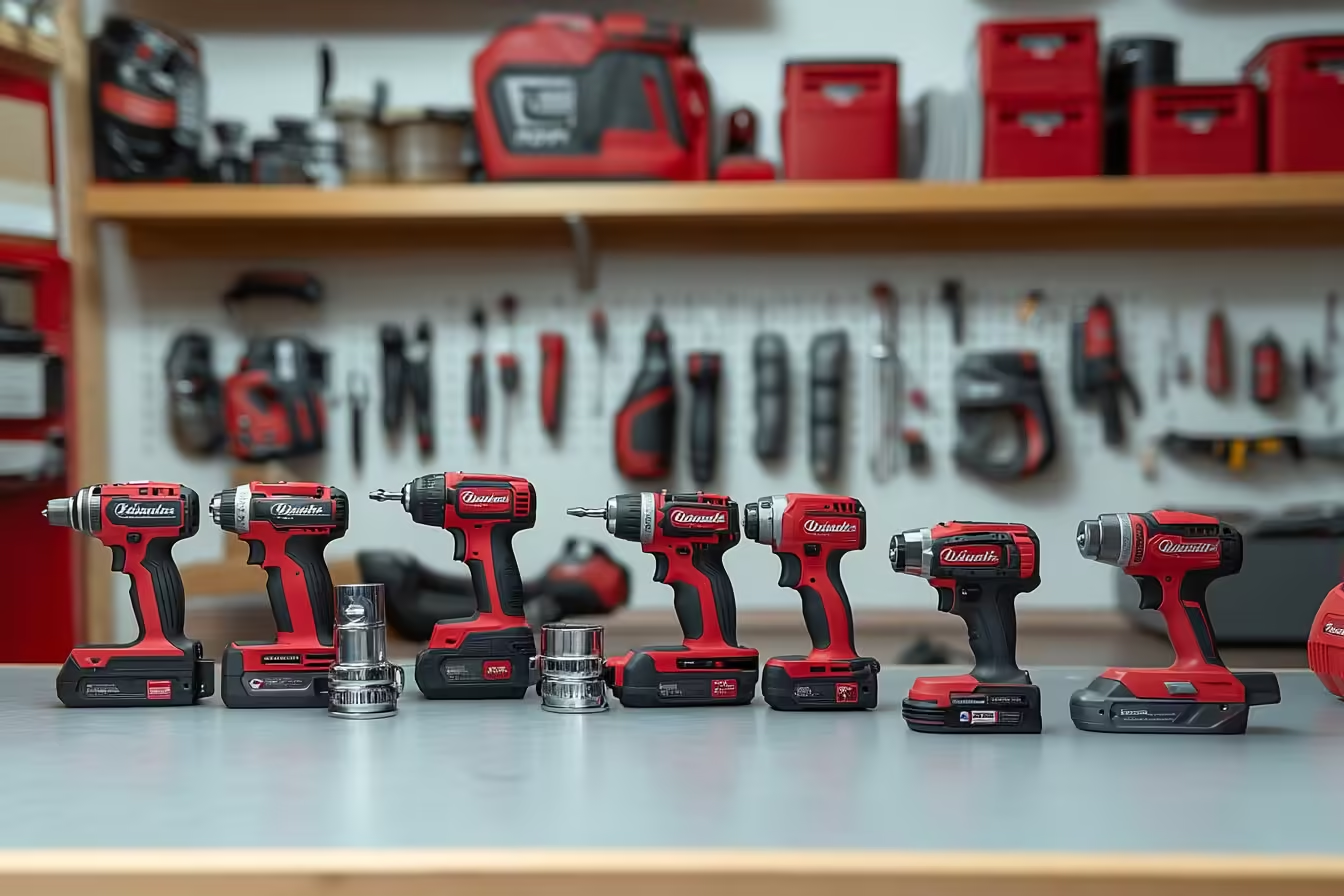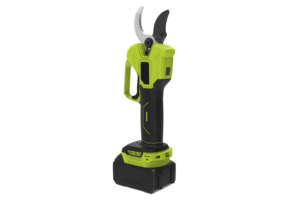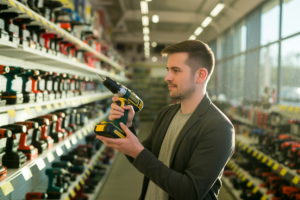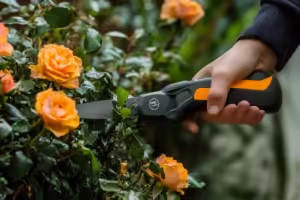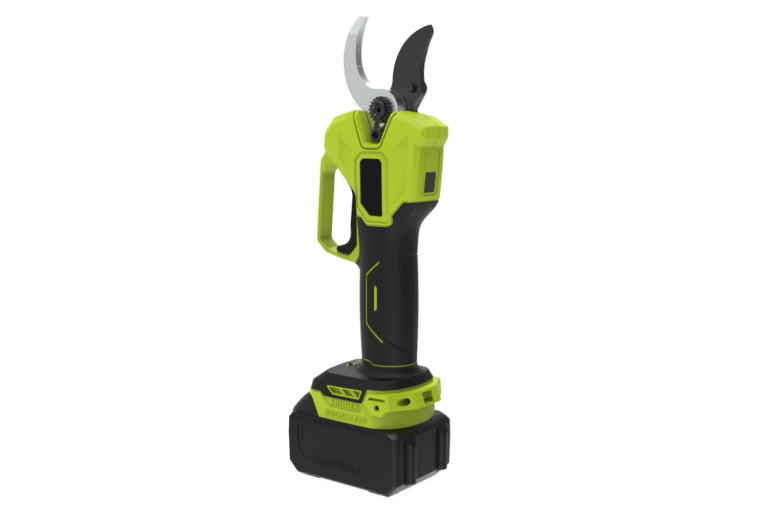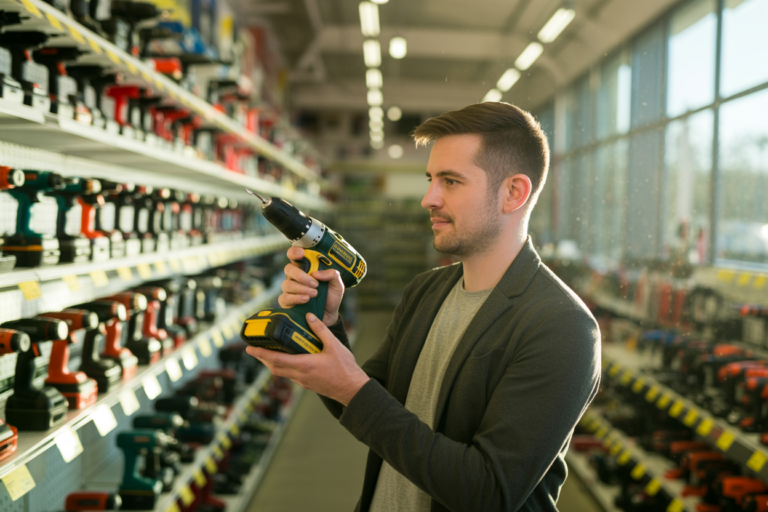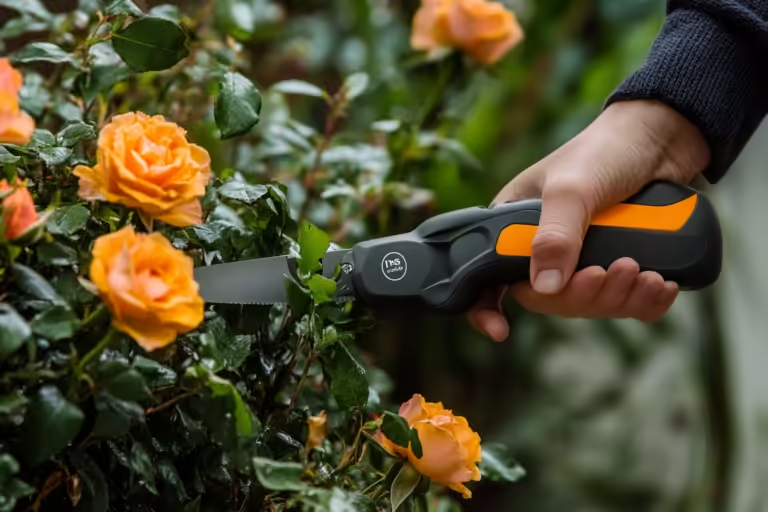
When it comes to selecting the best lithium battery power tools, the choices can be overwhelming. But don’t worry, I’ve been there, and I’ll guide you through it. The right power tools make all the difference, especially if you’re aiming for performance, longevity, and, let’s be honest, value for money. Let's dive into it.
Choosing the best lithium battery tools is a matter of considering a few key factors—battery capacity, motor type, and tool compatibility. But how do you narrow down all the choices? Understanding the differences can save you time and money. A few points to keep in mind include battery capacity, motor type, and your intended use. It's about matching the tool’s features to your specific needs. A little research upfront can go a long way.
Now, let’s break down the specifics.
How do I choose good lithium battery tools?
What are the key things to consider when selecting lithium battery tools?
Choosing good lithium battery tools means balancing power, efficiency, and price. Battery life, motor type, and build quality should all factor into your decision.
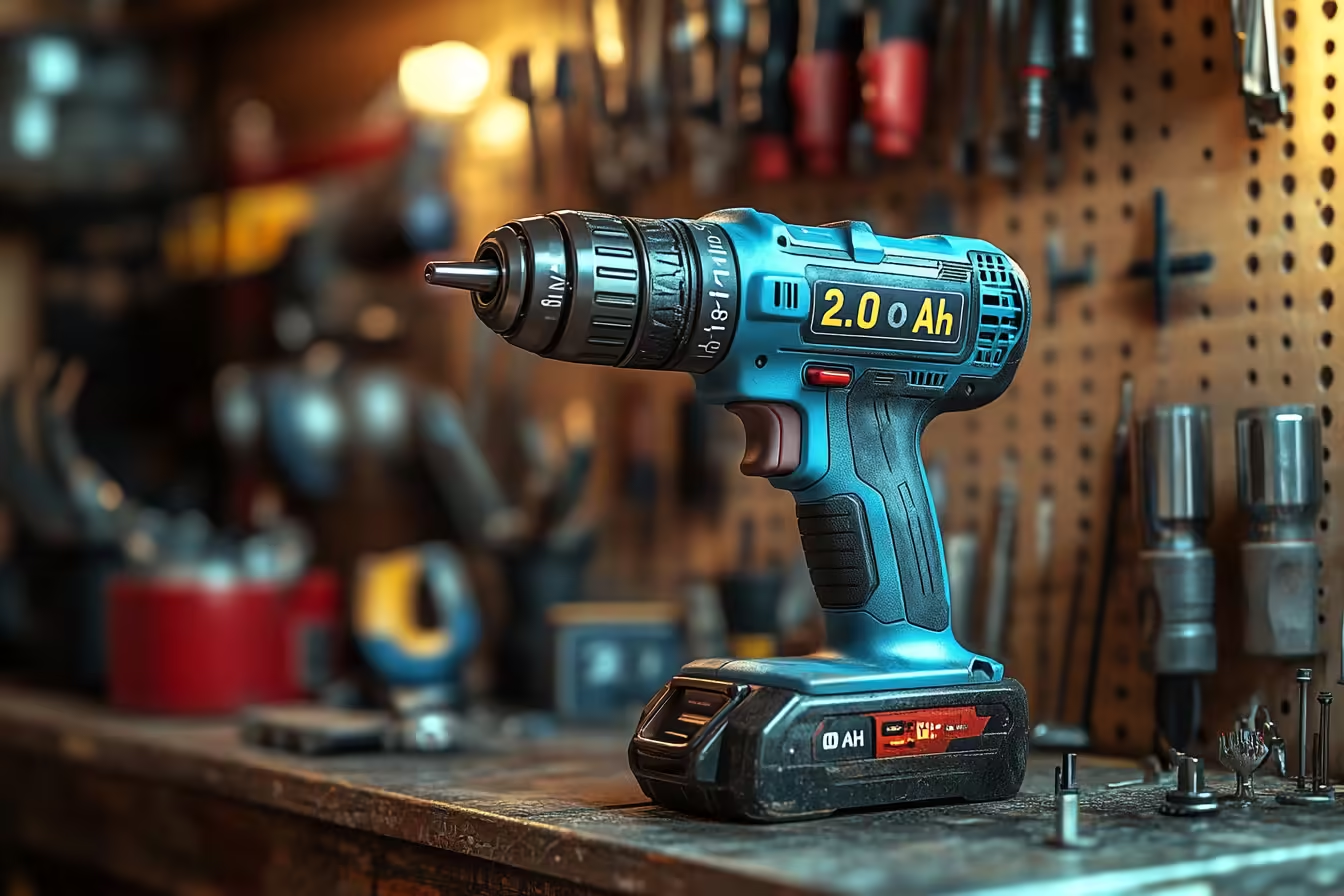
Battery life: The foundation of good performance
When looking for lithium battery power tools, always check the battery life and capacity. For example, a higher Ah (Amp hour) rating generally means longer battery life, so you can keep working without interruptions. It's a balancing act between power and weight—larger batteries give you more runtime but also add extra weight, which might affect handling for long periods.
Motor type: Brushed vs. brushless
Motor type is another biggie. Brushed motors are older technology but are still good for less frequent use. Brushless motors, on the other hand, are more energy-efficient, last longer, and require less maintenance. If you’re in it for the long haul, brushless motors will save you time and money.
Capacity: 2.0 Ah vs. 4.0 Ah
So, what’s the difference between a 2.0Ah and a 4.0Ah battery? A 2.0Ah battery will give you shorter runtime, while a 4.0Ah battery can keep you going longer. But you’ll also need to consider the weight and price. The heavier battery gives you more run-time but may be bulkier for handling, so think about your needs. Will you be working for hours on end, or just for a short while? Choose accordingly.
What’s the difference between brushed and brushless motors?
Are you familiar with brushed vs. brushless motors, and why does it matter?
Brushless motors are more efficient, longer-lasting, and require less maintenance. They provide more power while using less energy.
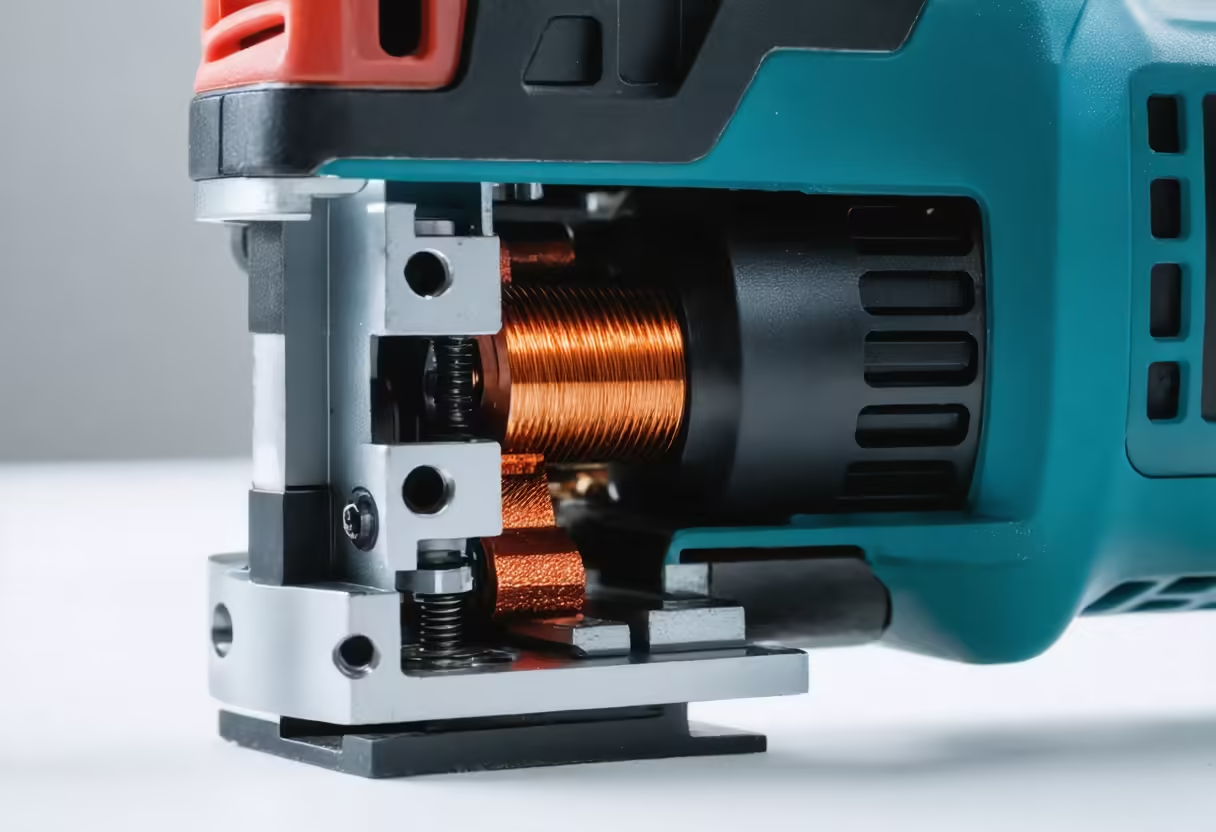
Why choose a brushless motor?
In my experience, if you’re using the tool regularly or for heavy-duty tasks, a brushless motor1 will serve you well. It’s quieter, more efficient, and works longer without wearing down. The brushless motor has no friction, so you’ll enjoy smoother performance.
If you’re only working on smaller tasks or have a limited budget, brushed motors2 are still a solid choice. They cost less and are more available, but they wear down faster.
Which machine must use a 4.0Ah battery?
What tools absolutely need the higher-capacity 4.0Ah battery?
Machines that demand high power for longer periods, like cordless chainsaws and hammer drills, are ideal candidates for a 4.0Ah battery. These tools draw a lot of energy, and a 2.0Ah battery simply won’t cut it.
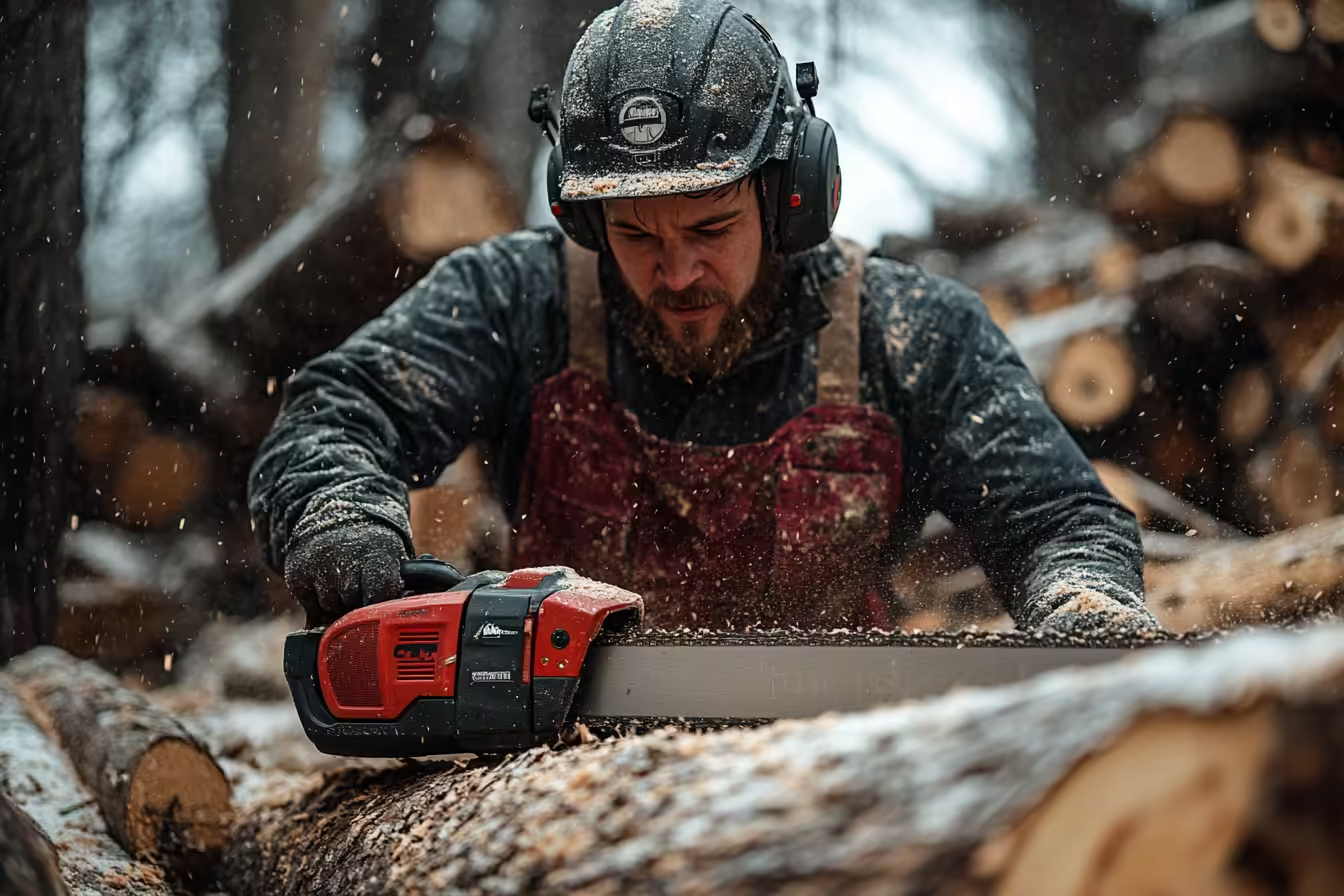 https://wirelessdrill.com/wp-content/uploads/2024/11/2-2-png.avif
https://wirelessdrill.com/wp-content/uploads/2024/11/2-2-png.avif
Why larger batteries matter
Let’s talk about cordless chainsaws. These power tools are designed to handle tough jobs like cutting through thick wood, and they can drain a smaller battery fast. If you're working on a big project, you'll want a [4.0Ah battery]() to keep the chainsaw running for longer stretches.
Other high-power tools like cordless hammer drills also demand more energy for tasks like drilling into concrete. A larger battery ensures you can keep going without constantly needing to swap out batteries.
What should I pay attention to when purchasing lithium battery tools?
There are a few things that really matter when you're choosing your next tool.
Look at brand reliability, battery compatibility, and warranty options when buying your lithium battery tools.
Brand reputation matters
I can’t stress this enough. You’ll find countless options out there, but go for trusted brands with good customer reviews. These brands often have more stringent quality control processes and better after-sales support. You don’t want to be stuck with a tool that breaks down after a few uses.
Battery compatibility is also huge. If you already own certain tools, check that the new tool will work with your existing batteries. Some brands use proprietary battery designs, which means you’ll have to buy their batteries—and that can add up quickly.
Conclusion
Choosing the best lithium battery power tools isn’t about picking the most expensive option. It’s about finding what works for you—balancing the power, battery life, and motor type to suit your specific needs. Stick to trusted brands and think about how often you'll use the tool. Happy shopping!
-
You should link to this keyword because it's an important aspect of tool performance and a frequently searched topic for people comparing motor types. Providing more context on brushless motors will help your readers make informed decisions. ↩
-
This link will guide your readers to more specific details about the durability and performance of brushed motors, which will be useful for people with budget constraints or those interested in more affordable options. ↩

